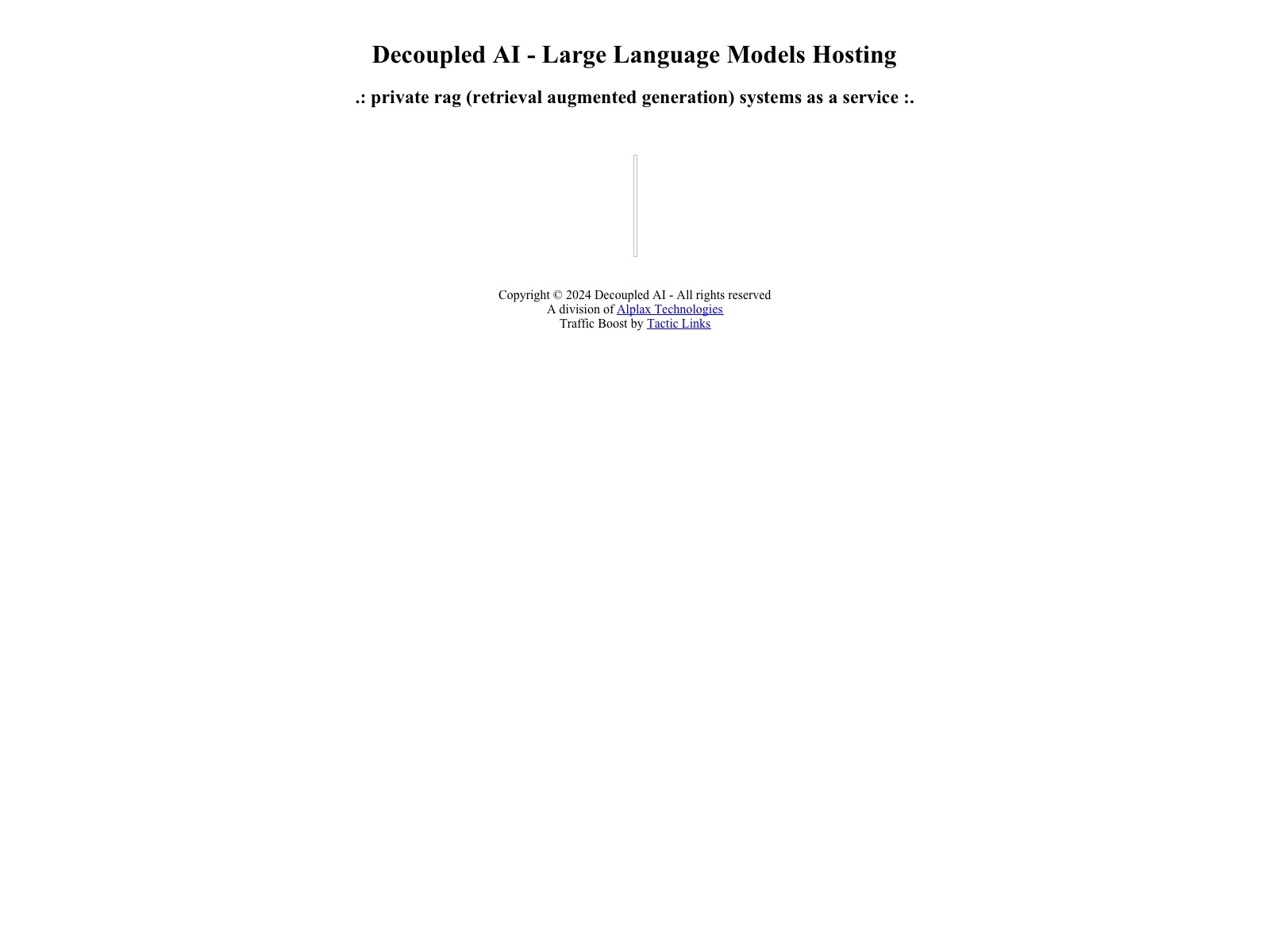Tactic Links - Organic Traffic Booster - Home
|
Path: Home > List > Load (bookan.com.cn) |
Home | About | List | Rankings | Search | Submit |
| domain | bookan.com.cn |
| summary | Website Content: Title: "The Impact of Climate Change on Agriculture" Subtitle: "Understanding the Challenges and Potential Solutions" Body: Climate change poses significant threats to global agriculture, with potential consequences ranging from reduced crop yields to increased food insecurity. This article delves into the various ways climate change affects agricultural practices, focusing on factors such as temperature fluctuations, shifting precipitation patterns, and extreme weather events. 1. Temperature Fluctuations: Rising global temperatures can lead to heat stress in crops and livestock, affecting productivity and even causing crop failures. Additionally, warmer climates may limit the cultivation of temperature-sensitive crops like wheat and barley. 2. Shifting Precipitation Patterns: Changes in rainfall distribution can cause droughts or flooding, negatively impacting agricultural productivity. Some regions might face water scarcity, while others could encounter severe flooding, both of which threaten crop growth and livestock health. 3. Extreme Weather Events: Climate change has been linked to the increase in extreme weather events, including hurricanes, hailstorms, and heatwaves. These events can cause significant damage to crops and infrastructure, further disrupting food supply chains. Moreover, rising CO2 levels can have both positive and negative impacts on agriculture. While higher CO2 concentrations might enhance photosynthesis in some crops, leading to increased growth, this effect may be offset by other climate change-induced challenges such as temperature extremes and water scarcity. To mitigate these effects, the article highlights several potential solutions: 1. Climate-Smart Agriculture: This approach involves adopting farming practices that enhance productivity, build resilience to climate change, and reduce greenhouse gas emissions. Examples include agroforestry, conservation agriculture, and improved water management. 2. Genetic Improvement: Breeding crops with higher temperature and drought tolerance can help maintain yields under changing conditions. 3. Policy Interventions: Governments can play a crucial role in implementing policies that support climate-smart agriculture, provide financial assistance to farmers, and promote sustainable land use practices. 4. Research and Innovation: Continued investment in agricultural research is vital for developing new technologies and varieties that can withstand the impacts of climate change. The article concludes by emphasizing the urgent need for global cooperation to address these challenges and adapt agriculture to a changing climate. By implementing climate-smart practices, fostering innovation, and promoting sustainable policies, we can work towards ensuring food security amidst a warming world. |
| title | bokan.com |
| description | bokan.com |
| keywords | |
| upstreams | |
| downstreams | |
| nslookup | A 8.130.97.126 |
| created | 2025-11-11 |
| updated | 2025-11-11 |
| summarized | 2025-11-13 |
|
HIGHSPOTS | |
 tacticlinks.com | |
 lhapsus.xyz | |
 bytemux.io | |
 cluebit.com | |
 decoupled.ai | |
 3e9.me | |
 shuken.io | |
 greenpeace.org | |
 escrache.org |
Traffic Boost by Tactic Links
[took: 449 ms]